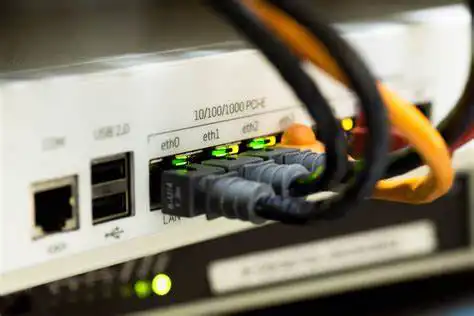The Future of Personal Computing
In a world morphing rapidly due technological advancements, implications of these changes are far-reaching. One of the potential shifts that's stirring considerable debate is the transition from x86 architecture to ARM in PCs. The linchpin pointing towards this paradigm shift include the anticipated Qualcomm's new processor and the launch of Windows 12.
Understanding Architectures: x86 versus ARM

The x86 is a type of architecture that's predominantly featured in desktops and laptops, while ARM is commonly seen in mobile devices like smartphones and tablets. x86 is known for its powerful performance and compatibility but has high power consumption. On the other hand, ARM architecture offers energy efficiency balanced with performance.
Over the years, ARM has seen progressive improvement in its performance, which is becoming comparable to x86 chips. As the technology matures, many believe that ARM will find its way into more personal computers, potentially driving PC technology towards a more power-efficient future.
Considering the computing world’s drive towards energy saving solutions, the potential switch from x86 to ARM appears to be on the horizon. This transition could potentially start as early as 2024,
The Role of Qualcomm’s New Chip
One of the enablers of this speculated transition is Qualcomm's new chip. Qualcomm, a major player in the production of ARM chips for smartphones, is pushing the frontiers for ARM use. The company is developing a new chip compatible with Windows 12, the forthcoming operating system from Microsoft.
The manufacturer's new chipset's specifications show potential. Coupled with the advent of Windows 12, it could fuel the anticipated migration of PCs from x86 to ARM architecture.
It is noteworthy that Qualcomm's chips have provided superior battery life in previous Windows 10 on ARM laptops. Consequently, their new chip in conjunction with Windows 12 might push the limits even further.
However, it's essential to understand that the broader acceptance and adoption of these chips will be dependent on overall market response, which would be influenced by factors such as compatibility with existing software and overall performance.
Windows 12: The Game Changer
The soon-to-be-released Windows 12 is anticipated to come with a whole new level of ARM support. This could be a transformative move by Microsoft, spurring ARM adoption by allowing apps and programs to run more seamlessly on this architecture.
Beginnings of this shift were already seen with Windows 10 supporting ARM, albeit with a few hitches. However, Microsoft seems poised to iron out these irregularities with Windows 12, potentially making ARM architecture more appealing for PC users.
The combination of Windows 12 supporting ARM and Qualcomm's new chip compatible with this operating software could give some much-needed impetus toward this architectural shift in the PC world.
A wider adoption of ARM will depend significantly on Windows 12's user reception. The response will dictate how software developers will tailor their applications to accommodate ARM PCs in the future.
Contemplating Potential Roadblocks
The envisioned migration isn't without its potential challenges. One swath of concerns lies in compatibility issues between new ARM PCs and existing applications.
Despite advancements, ARM processors in PCs are seen as less effective compared to x86 when running applications designed for the latter. This incompatibility could be a substantial roadblock for a wide-scale switch over to ARM.
Also, despite Windows 12's promise of improved compatibility, it is crucial to appreciate that achieving seamless compatibility is a mighty feat that would necessitate overcoming multiple technical hurdles.
Consequently, the reception of Windows 12 is critical. If the new operating system handles compatibility issues well and gains positive market feedback, it could significantly influence the ARM's adoption in PCs.
Summing Up: Is ARM the Future?
Considering the various dynamics, the potential 2024 shift from x86 to ARM in PCs remains speculative rather than established. The hypothetical migration hinges significantly on two elements: Qualcomm's new chip and the roll out of Windows 12.
If Qualcomm's new chip performs up to expectations, and Windows 12 facilitatesthe successful running of ARM-based PCs, it could be the nudge that accelerates the long-anticipated breakaway from x86 architecture.
Nevertheless, transitions of this magnitude tend to be gradual rather than sudden. If it does occur, it’s likely the shift to ARM will unfold over many years as technology, software compatibility, and user comfort levels align.
Irrespective of the conjecture, the consistent evolution of technology assures one thing: the world of personal computers will not stop at this crossroad but continue to march towards a more efficient and performance-oriented future.